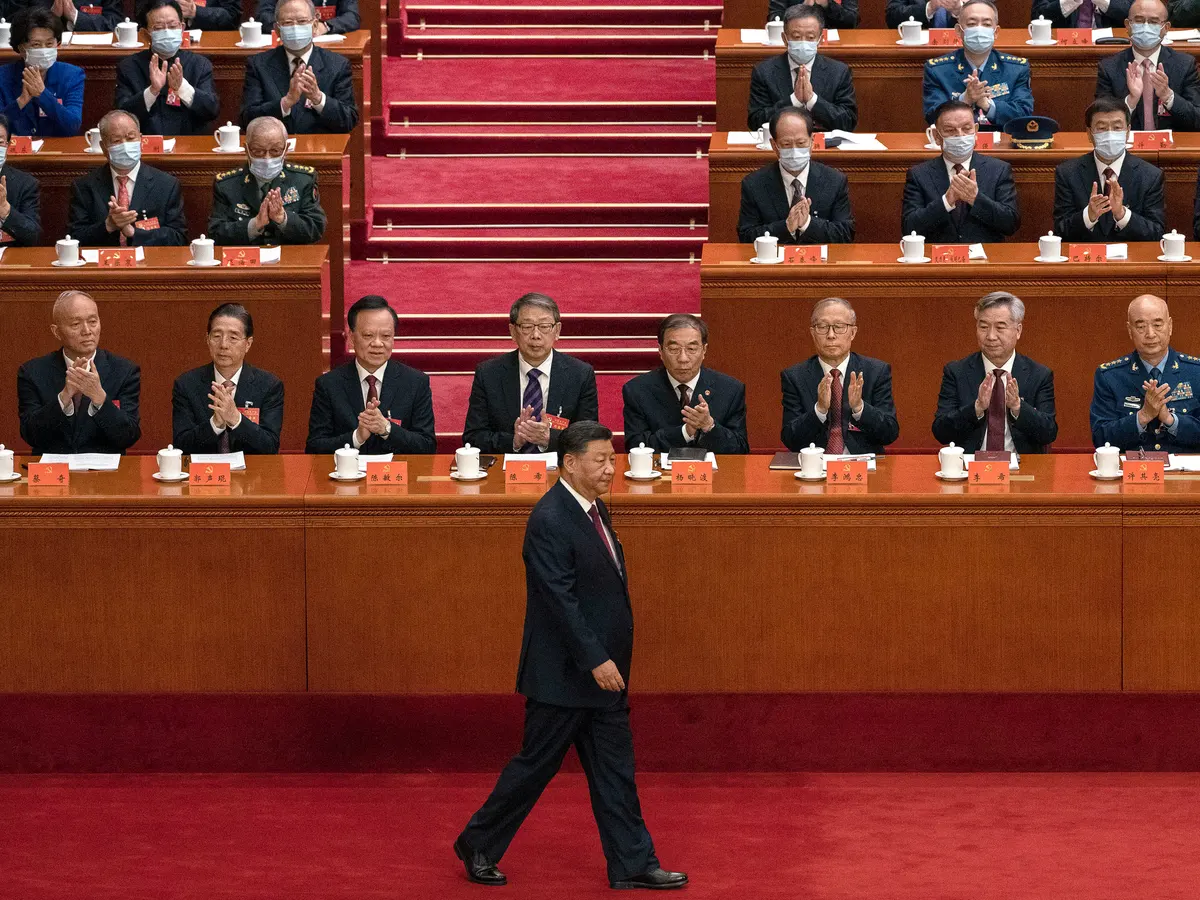China is reportedly planning to extend its social credit system’s principles to the realm of metaverse and online virtual worlds, as stated by a recent POLITICO report.
China Mobile, a state-owned telecommunications company, has proposed the introduction of a digital identification system for users in these virtual spaces.
This digital ID would encompass both “natural characteristics” and “social characteristics” of users, aiming to maintain order and safety within the virtual environment.
The proposed digital ID would contain an array of personal information and distinctive markers, including a person’s occupation.
This data would be stored permanently and made accessible to authorities.
The system’s advantages were illustrated by its potential to swiftly identify and penalize disruptive users, such as those spreading false information or causing disturbances within the metaverse.
The concept of this digital ID system draws parallels with China’s existing social credit system, which is designed to assess and rank citizens based on various behaviors and metrics.
Notably, this system has been employed as a means of enforcement. In 2018, instances of social offenders being denied airplane tickets amounted to 17.5 million, while 5.5 million individuals faced restrictions on purchasing train tickets.
READ MORE: US Tech Giant Fires New Warning About ChatGPT
China Mobile unveiled these proposals during discussions with a focus group centered around the metaverse, organized by the International Telecommunication Union (ITU), a United Nations agency specializing in communications technology.
The metaverse focus group, slated to reconvene in October, could potentially vote on these proposals, thereby influencing the practices of telecommunications companies and tech firms.
Chinese companies participating in this focus group reportedly outnumbered their American and European counterparts in submitting metaverse-related proposals.
According to a contributor within the group who spoke with POLITICO, China seems to be strategically positioning itself as a dominant force in shaping metaverse standards for widespread adoption.
This move could pave the way for Chinese authorities to dictate identity protocols within virtual environments, prompting concerns about the kind of immersive world that would result.
In essence, China’s intention to extend its social credit system’s principles to the metaverse and virtual realms is causing ripples of debate within the tech community.
As the ITU’s metaverse group discusses and potentially votes on these proposals, the digital landscape’s future standards and regulations hang in the balance.
Other Stories:
Crypto Influencer Files $16 Million Lawsuit Against Bitget Exchange
Bored Ape Yacht Club’s Yuga Labs to Scale Back OpenSea Support
Crypto Industry Adapts to Bear Market




